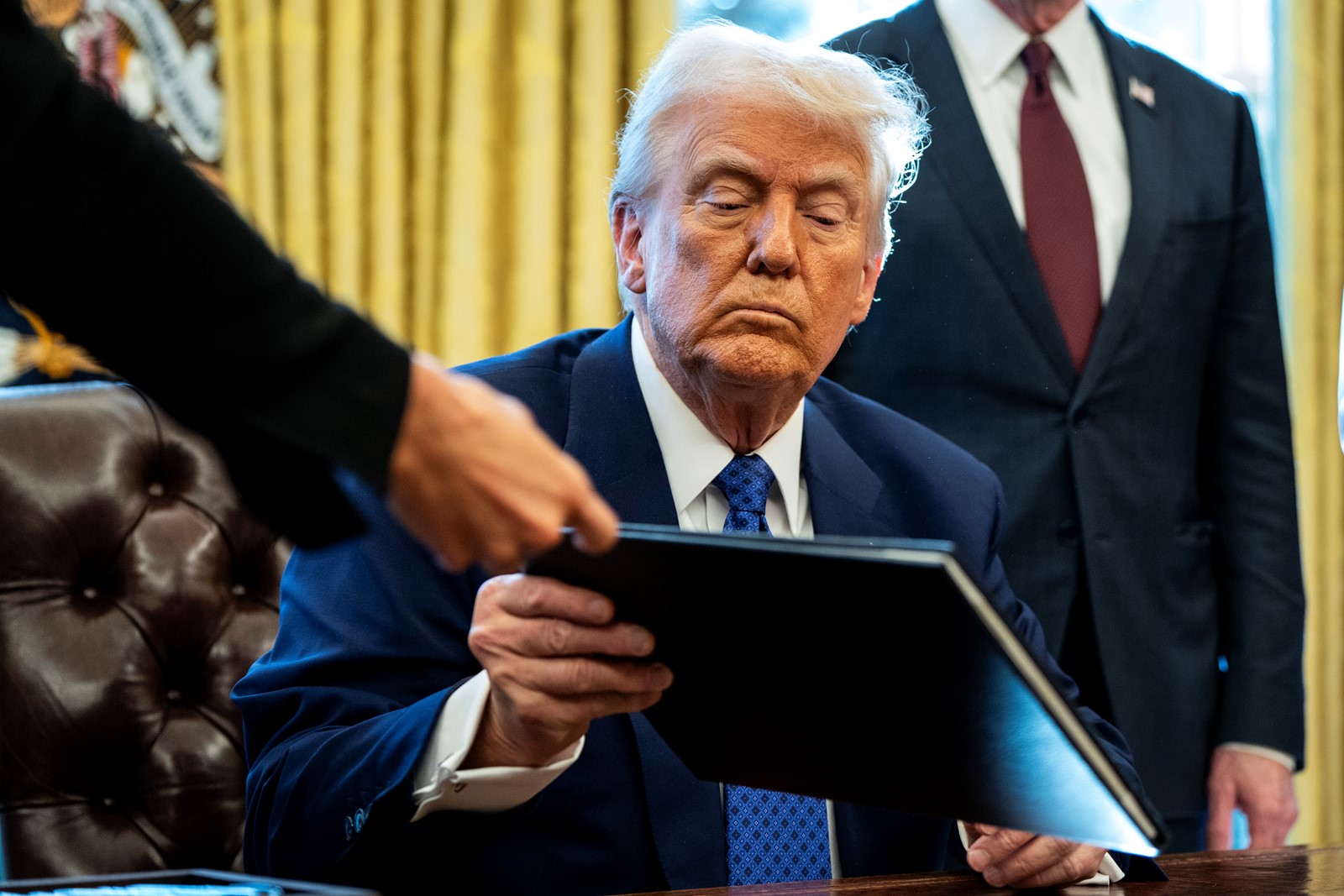
President Donald Trump on Friday ordered that federal funding be withheld from schools and universities that require students to be vaccinated against COVID-19, White House officials said, another step in the administration’s campaign against coronavirus vaccine requirements.
It was not clear how widely impactful the order would be. No states require K-12 students to be vaccinated against COVID-19. Only 15 colleges still required COVID-19 vaccines for students as of late last year, according to No College Mandates, an advocacy group.
Riding the same wave of anti-vaccine sentiment, 21 states had already moved to outlaw student COVID-19 vaccine mandates, the National Academy for State Health Policy, a nonpartisan research group, has said. And Republican elected officials across the country have pursued a tide of anti-vaccine measures, including a proposed ban in Montana on administering mRNA vaccines, which include some COVID-19 shots, and a ban on a local health department in Idaho offering any COVID-19 vaccines.
The Centers for Disease Control and Prevention has said that monitoring has shown that COVID-19 vaccines are safe for children.
Younger people are much less likely to be severely sickened by the coronavirus, but doctors have said that the virus has still harmed many children.
For Trump, whose first administration accelerated the development and rollout of COVID-19 shots, saving about 140,000 lives in their early months of availability, the latest executive order was a turn toward reining in efforts to promote the vaccines.
Shortly after returning to office last month, Trump also said he would reinstate more than 8,000 troops who had been dismissed for refusing the COVID-19 vaccine.
Friday’s executive order largely took aim at mandates implemented in 2021, shortly after COVID-19 vaccines became available. Some local school districts, especially in more liberal regions, required the shots for students participatin in extracurricular activities, or for adult visitors.
School-based mandates tend to raise vaccination rates among children, researchers have found. Those vaccinations, in turn, can protect students who might be vulnerable to more serious illness and dampen circulation of the virus, potentially sparing parents or grandparents from being exposed.
But even in more liberal areas, school mandates won only modest support. Some researchers argued they were counterproductive, polarizing communities and damaging trust in scientific institutions. As the pandemic progressed, resistance to mandates mounted. Most of the policies were short-lived.
The order applies only to COVID-19 vaccines, leaving untouched state requirements that school children be vaccinated against measles, mumps, polio, tetanus, whooping cough and chickenpox.
At least some medical schools require COVID-19 shots for students. It was not clear if those rules would be affected.


 PREVIOUS ARTICLE
PREVIOUS ARTICLE
